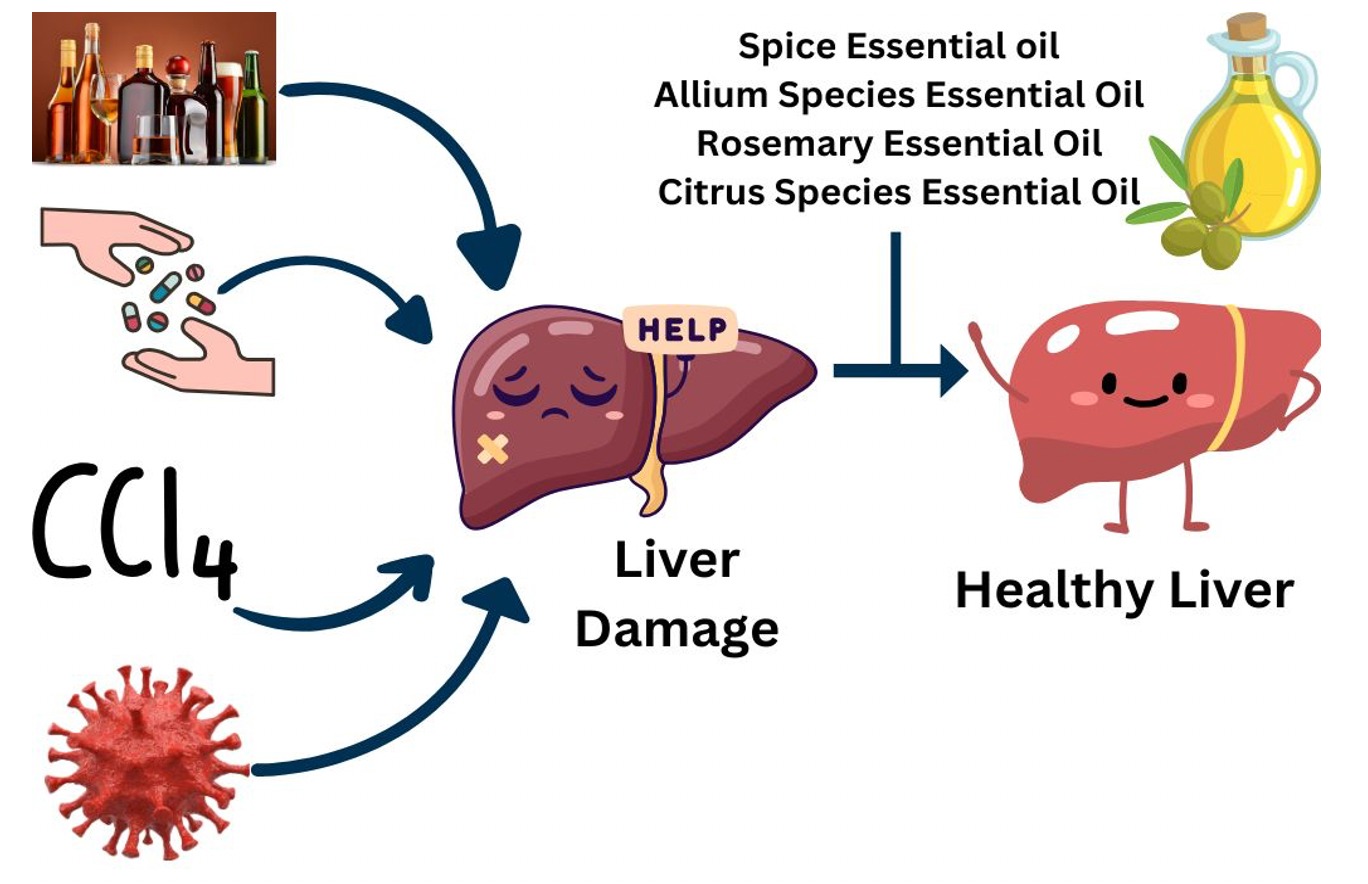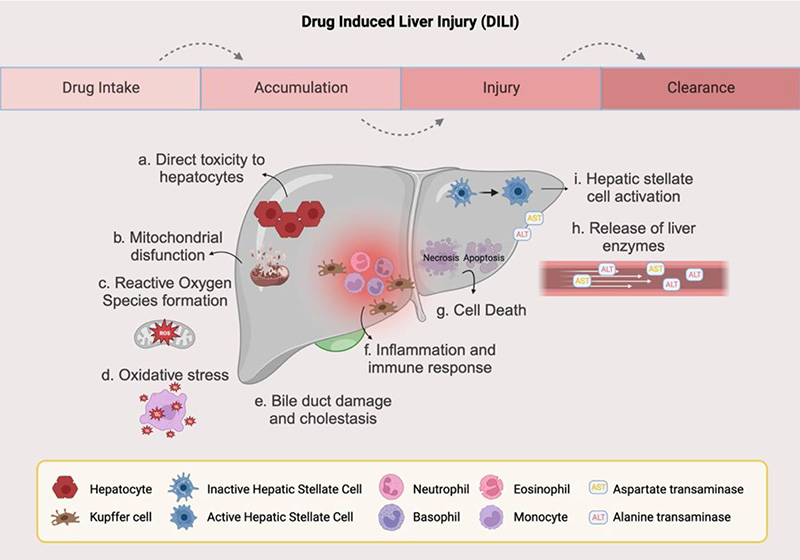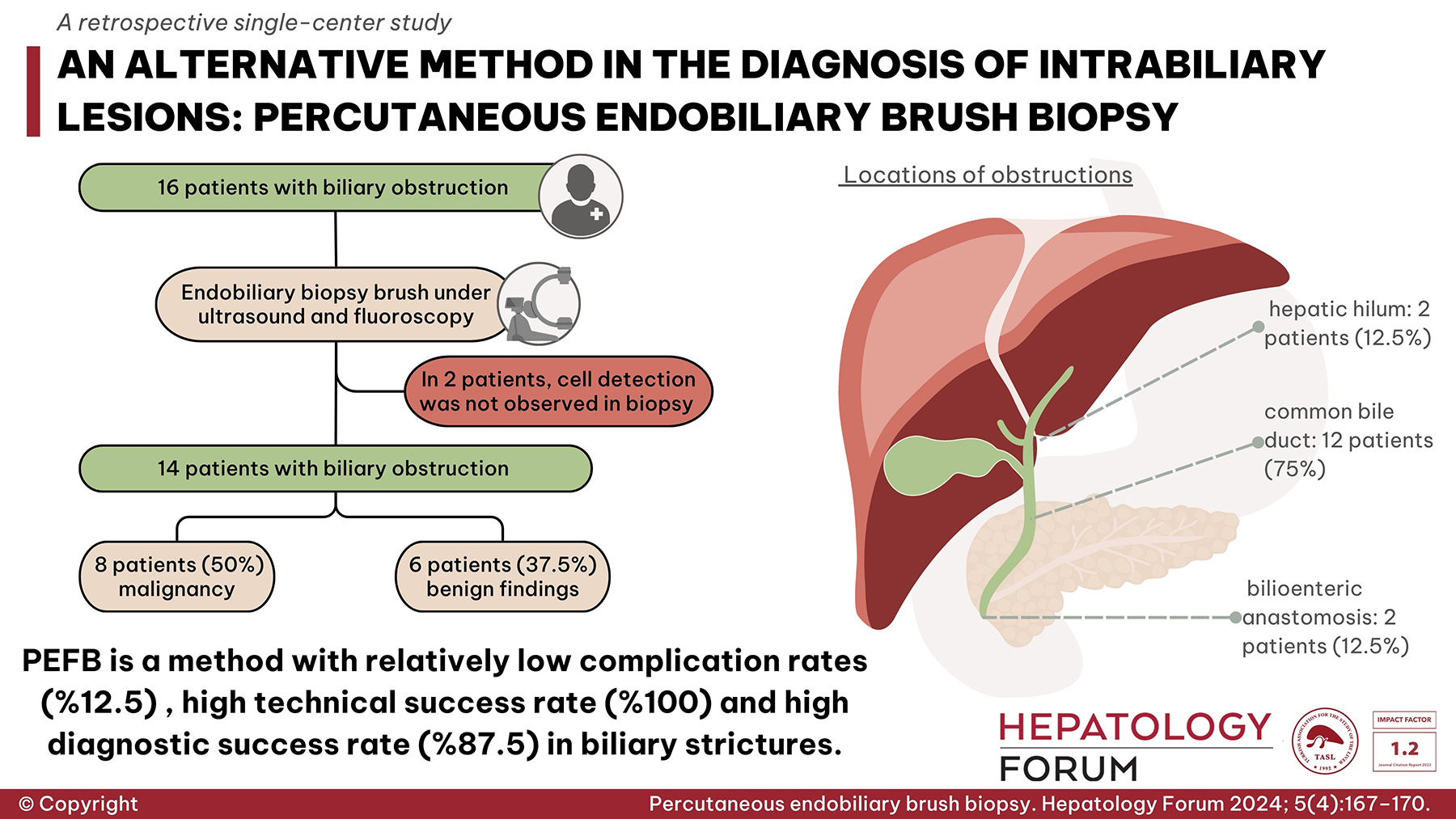2Department of Gastroenterology, Marmara University School of Medicine, Istanbul, Turkiye
3Department of Medical Biology, Marmara University School of Medicine, Istanbul, Turkiye
4Department of Gastroenterology, Marmara University School of Medicine, Istanbul, Turkiye; Department of Gastroenterology, Recep Tayyip Erdogan University School of Medicine, Rize, Turkiye
Abstract
Background and Aim: Our primary objective is to examine the variance in chronotype, night-eating patterns, and sleep quality in patients with biop-sy-proven metabolic dysfunction-associated steatotic liver disease. In addi-tion, we aim to establish a correlation between these variables and the sever-ity of the disease and fibrosis.
Material and Methods: Patients who were following up with biopsy-prov-en metabolic dysfunction associated steatotic liver disease (MASLD) were included in the study. Histologically severe disease is characterized by a Ste-atosis, Activity, and Fibrosis activity score of ≥3 or the presence of advanced fibrosis (≥F3). Participants who met the inclusion criteria were given the Morningness and Evening Questionnaire (MEQ), the Pittsburgh Sleep Quali-ty Index, and the Night Eating Questionnaire to complete.
Results: A total of 93 patients were included in this study. According to the MEQ, 48 patients were morning type (51.6%), and 42 (45.2%) were neither type. Sleep quality was determined to be inferior in the non-morningness group (p=0.002). A significantly higher proportion of patients with nocturnal eating syndrome had a non-morningness chronotype preference (n=22, 23.7%), com-pared to those with a morningness chronotype (n=9, 9.7%) (p=0.001). In the multivariate analysis, both age and poor sleep quality had significant impacts on advanced fibrosis, with odds ratios of 1.11 and 3.81, respectively.
Conclusion: Despite the non-morningness chronotype demonstrating poorer sleep quality and a higher prevalence of night-eating behavior, our findings revealed no statistically significant differences in terms of sleep quality, noc-turnal eating habits, or chronotype preferences among patients with varying degrees of MASLD severity. On the other hand, advanced fibrosis was sig-nificantly impacted by poor sleep quality.





 Ayşe Sakalli Kani1
Ayşe Sakalli Kani1 









